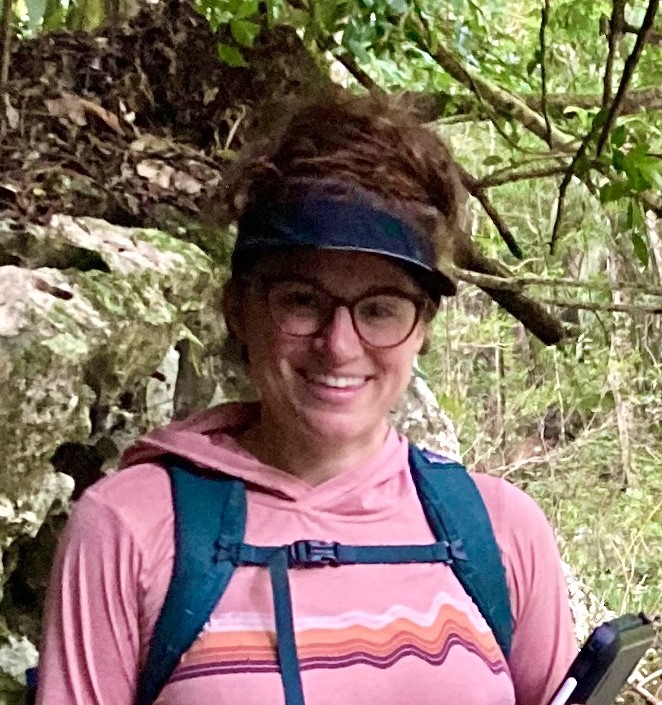Nadia Neff Receives NSF Doctoral Dissertation Grant
Departmental News
Posted: Jan 04, 2024 - 12:00pm

Nadia Neff, PhD candidate in Archaeology, has been awarded a Doctoral Dissertation Improvement Grant from the National Science Foundation for her dissertation Advancing biocultural and molecular studies of diet and nutrition among tropical agriculturalists.
Abstract
Archaeologists and evolutionary scientists seek to understand the relationships between diet, social inequalities, and the resulting health-related outcomes in the past. New biomolecular methods complement archaeological approaches to address timely biocultural questions regarding the status, health, and wellbeing of tropical agriculturalists living in urban societies in the past. Understanding the biological consequences of the strategies that communities and individuals employ to meet their nutritional needs while constrained by institutional inequality is a highly relevant topic today. Most of the world’s population is directly or indirectly impacted by social inequalities that influence the types, quality, and quantity of foods consumed. Archaeology is well suited to provide insight into these complex relationships in the past by linking environmental and social variables to individual decision making and the consequent health related outcomes. This study focuses on three questions: (1) within a system of structural inequality what strategies did people use to procure food; (2) how do these strategies relate to the social and environmental constraints they faced; and (3) What were the health-related outcomes of individuals of differing statuses?
This study explores how variation in social and environmental conditions can be observed in the biological remains of individuals and how they construct niches in response to socially driven selective pressures. Multiple types of stable isotope analyses grounded in human and plant physiology are applied to human archaeological skeletal remains and a sample of modern neotropical plant to assess physiological statuses and link plant categories to individual and community level diets. The sample of over 150 archaeological humans were recovered from three political centers occupied from 1700-1000 years ago. The co-PI is trained in novel applications of carbon and nitrogen compound specific isotope analysis of amino acids. These are applied to both humans and plants and coupled with studies of bulk carbon from bone bioapatite to reconstruct human diet in more detail than bulk tissue isotope analysis alone. This methodology is applied to a population of tropical farmers from Southern Belize allowing the researchers to explore the complex relationships between social and environmental pressures, the strategies that communities use to mitigate those pressures, and the potential biological impacts on those living within systems of institutional inequality. Additionally, this research provides a roadmap for future archaeological studies focusing on individual diet and health during the last 7-15 years of life that is also applicable to fragmented and incomplete skeletal collections that can confound osteological based methods and allows researchers to ask more nuanced questions about physiology in archaeological populations.
